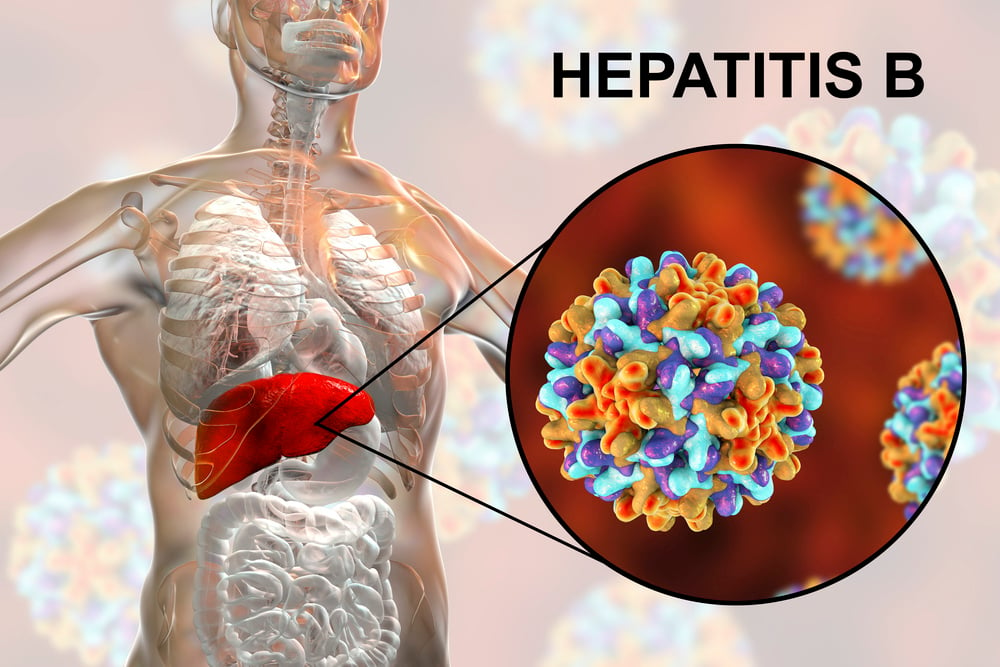Hepatitis B - Dubai Hepatology Clinic
Hepatitis B:
Hepatitis B is a viral infection that primarily affects the liver. It is caused by the hepatitis B virus (HBV), which is transmitted through contact with the blood, semen, or other body fluids of an infected person. The virus can be spread through sexual contact, sharing of needles or other drug paraphernalia, or from an infected mother to her newborn during childbirth.
Hepatitis B can be either acute or chronic. Acute hepatitis B refers to a short-term infection that typically lasts for a few months. Most adults who acquire hepatitis B recover completely and develop lasting immunity. A small percentage of individuals are unable to clear the virus from their body. This leads to a chronic infection. Chronic hepatitis B occurs when the virus remains in the body for more than six months.
Chronic hepatitis B can cause inflammation of the liver, which can lead to liver damage over time. This damage can manifest as fibrosis (scarring of the liver), cirrhosis (severe scarring of the liver), liver failure, or even liver cancer (hepatocellular carcinoma). The risk of developing these complications varies among individuals
Symptoms of hepatitis B:
Many people with chronic hepatitis B do not experience symptoms, especially in the early stages. However, as liver damage progresses, symptoms such as fatigue, loss of appetite, abdominal pain, jaundice (yellowing of the skin and eyes), and fluid accumulation in the abdomen (ascites) may occur.
Diagnosis of Hepatitis B:
Chronic hepatitis B is diagnosed through blood tests that detect the presence of HBV antigens and antibodies, as well as measuring liver enzymes and assessing liver function. These tests help determine the stage of the infection, the level of viral replication, and the extent of liver damage.
Treatment of Hepatitis B:
Treatment for chronic hepatitis B aims to reduce viral replication, control liver inflammation, and prevent or manage complications. Antiviral medications, such as nucleoside or nucleotide analogs, are commonly prescribed to suppress viral replication. Regular monitoring of liver function and screening for liver cancer are important components of long-term management.
Vaccination and Prevention for Hepatitis B:
The hepatitis B vaccine is highly effective in preventing new infections. It is recommended for all infants, children, and adults who are at risk of acquiring HBV. Additionally, practicing safe sex, using sterile needles, and taking precautions to prevent exposure to infected blood or body fluids are important preventive measures.
If you have been diagnosed with chronic hepatitis B or have concerns about the condition, it is crucial to consult with a Expert healthcare professional experienced in managing viral hepatitis. They can provide appropriate medical advice, recommend regular monitoring, and discuss treatment options based on your specific situation.
Dubai Gastroenterology Clinic - Dr. Rami Hamed Center now provides the leading gastroenterologist in Dubai for Gastric Balloon, Colonoscopy, Colon Cancer Screening, and so on. DRHC offers highly qualified liver specialist doctors in Dubai with a wide range of services on liver failure, nonalcoholic fatty liver disease treatment, liver disease treatment, etc.


%20(1).png?width=7918&name=HEPATOLOGY-20%20(1)%20(1).png)



